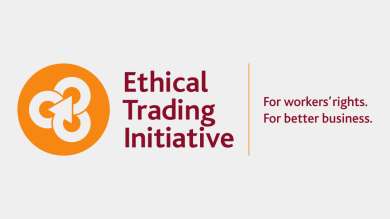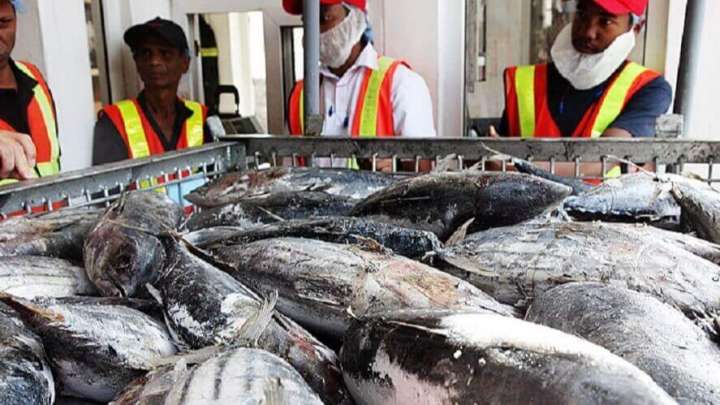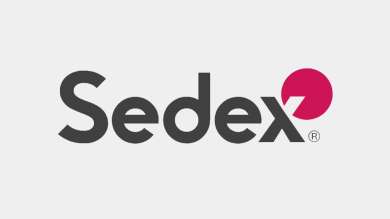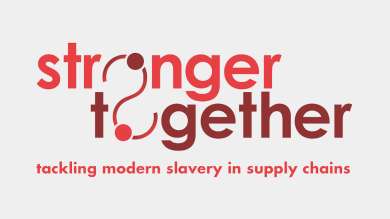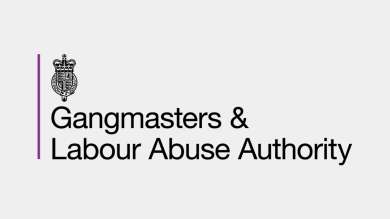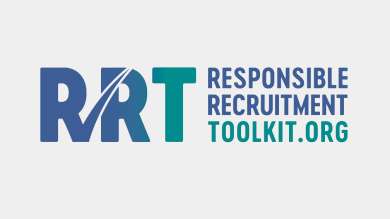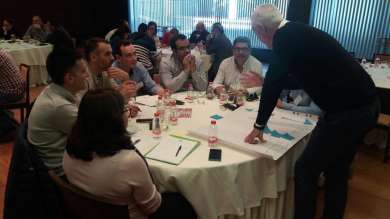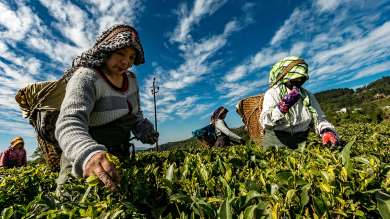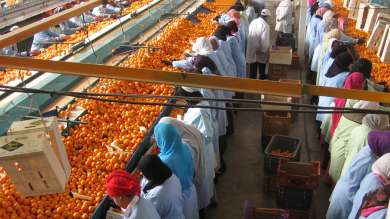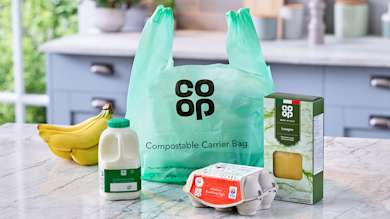With growing challenges and increasingly long and complex supply chains, building strong supplier relations based on trust and transparency is key to achieving long-term and sustainable improvements to working conditions in the supply base. Read more about our human rights focus here.
The Co-op food ethical trading monitoring programme aims to stamp out modern slavery and other exploitative working practices across the world, with regular checks on our suppliers and producers.
Our ethical trade monitoring programme reaches over 758,339 workers in 3,035 sites* located in 63 countries across 6 continents. 100% of Tier 1 sites have completed a Self-Assessment Questionnaire (SAQ) and 100 % of Tier 1 high risk sites are independently audited. We’ve mapped and risk assessed our supply base beyond Tier 1 in high-risk categories such as produce and seafood. When we find issues, we work with our suppliers to put things right. In our 2024 monitoring programme figures, we reported to have 1,581 valid audits across our supplying sites. 6,778 issues were raised in these audits, in which (87 % are completed, and we’ve agreed a plan to complete the remaining 13% in 2025).
†665 Tier 1 and 2,370 beyond Tier 1. Data correct as reported in our Social Value and Sustainability Report 2024 where more information can be found.
